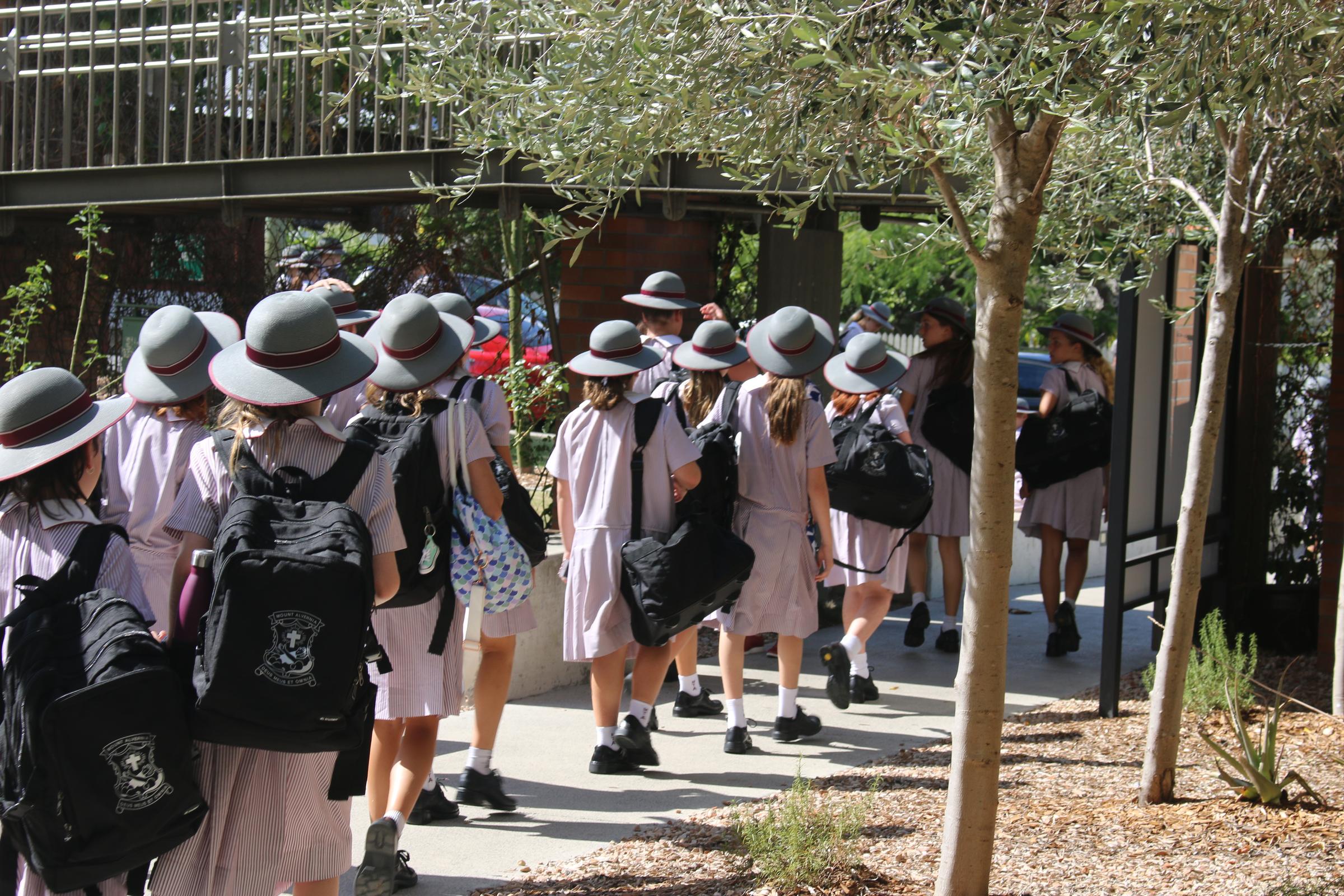Deputy Principal - Student Development

Tomorrow, 11 October, we celebrate the International Day of the Girl. We have been asked to share in this experience by gifting our students with compliment cards. This initiative invites girls from all over Australia to empower one another by gifting a compliment in a chain reaction to a friend, a parent, or someone else they know. Once again we are being called to unite to show support for each other and to remember those girls who are denied access to basic education and other human rights. However, are we making a difference?
Working with young women on a daily basis provides insight into their respect of self and one another. For some of our girls, their respect of self is gained through how they appear to their peers or a special partner. For some of our girls, the value of self is dictated by a need to earn attention and approval, often through sexual acts or changing their appearance through excessive weight loss or cosmetic alterations. We are inviting our girls to think about those young people across the world who are denied basic respect and dignity and yet, for some, there is little recognition of what self-worth and respect means in their own lives.
Why is this a trend happening in the lives of our girls? Is it what they see in the media? Is it a culture that is difficult to break down because of the media? Is it low self esteem? Or is it all three? Probably, and more. What we do know is how important the support is of positive and understanding male role models.
Positive male role models enable girls to see how they can and should be treated. Actions that encourage self-growth, confidence, and respect for self. “Most of the women who are confident and uninhibited in the careers and choices they make are the ones with strong male role models or ones who have fathers with high expectations of them.” (Pollard, K. The Guardian, 2016). Positive male role models help to instil a self-belief that encourages our young women to feel like they can do rather than cannot.
Talking to our young women about how they see themselves in the current world, that calls them to support the human rights of girls across the world, would be a great conversation starter. While we call on them to think about how women are treated in other countries, ask them how they feel about their own acceptance in today’s society. As an individual do they see themselves as being treated equally and with unbiased expectation. Is your daughter experiencing the capacity to live with true dignity and confidence, or is she feeling compelled to be subservient to the whims of others? All our young people matter, so let’s get behind them and ensure they know.
Annette Butterworth
